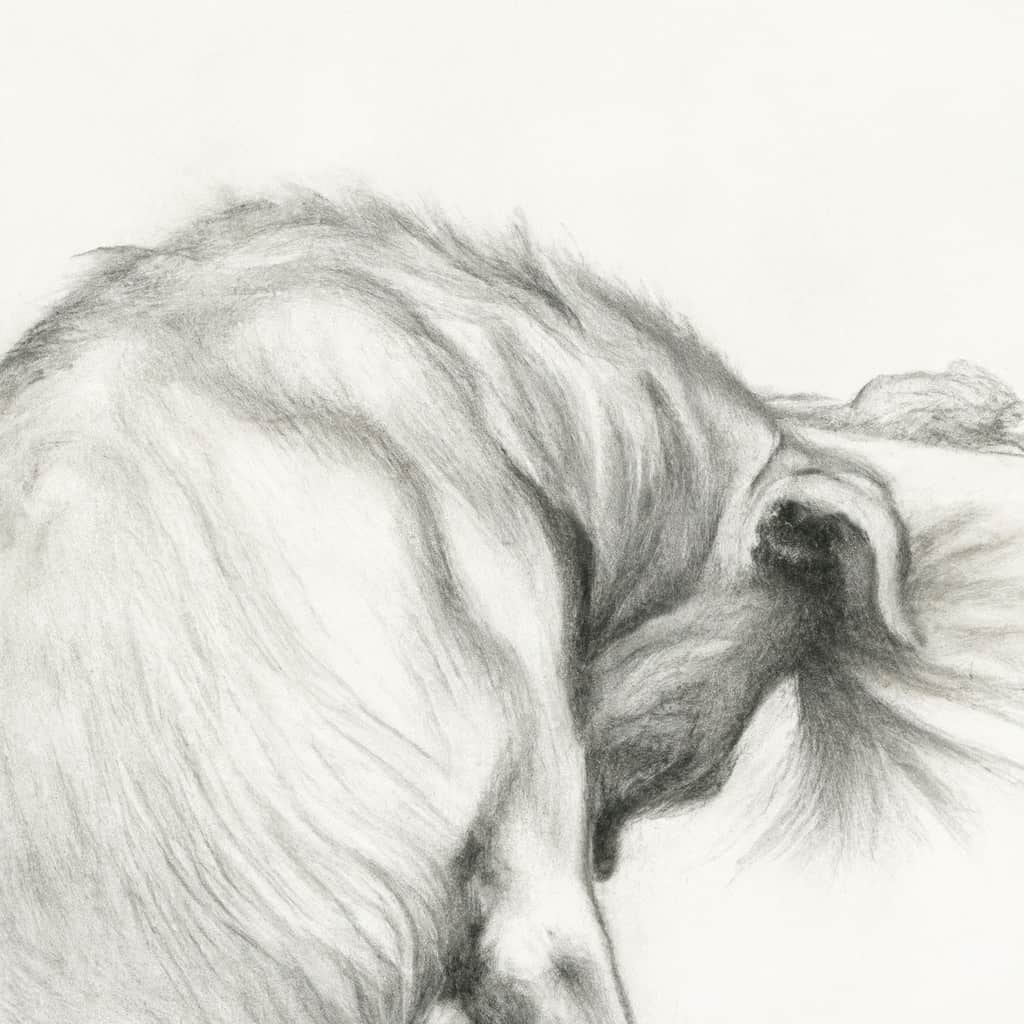Dear VetBabble: Why Does My Dog’s Hair Fall Out Only in the Summer?
Hello! I have a female dog who experiences hair loss only during the summer months. She constantly itches and bites her fur, which makes it red and irritated. I am concerned that my dog might have an allergy to something in her environment or possibly flea bites. What can I do to help my pet and ensure her well-being?
Many pet owners share this concern, and it’s essential to understand the possible causes of these symptoms to help your furry friend feel better. In this article, we’ll discuss and provide solutions for various reasons your dog might experience hair loss and itchiness during the summertime.
Possible Causes of Hair Loss and Itchiness
There are a few possible explanations for your dog’s summertime hair loss and itchiness; some of the common causes include:
1. Alopecia (hair loss) in dogs caused by a seasonal or environmental allergen 2. A flea infestation 3. Mange
It’s important to consider each of these possibilities and take the appropriate measures to help your pet.
Alopecia, Allergies, and Hair Loss in Dogs
In some cases, hair loss in dogs can be caused by allergies. Seasonal or environmental allergies (atopy) are common in dogs and can trigger a range of symptoms like itchiness, redness, and hair loss. Your dog might be sensitive to pollen, grass, or other allergens in her environment during summer months. Understanding Why is my dog’s hair falling out? Alopecia, allergies, and other causes of hair loss in dogs can help you identify potential sources of your dog’s discomfort.
Flea Infestation and Flea Allergy Dermatitis
Another possibility is that your dog’s hair loss and itchiness are caused by fleas. Fleas thrive in warm weather, making your dog more susceptible to infestations during the summer. Some dogs are also allergic to flea bites, leading to a reaction called Flea Allergy Dermatitis (FAD), which causes intense itching and hair loss. Learn more about Dog Allergies and how to identify and treat them.
To prevent flea infestations and protect your dog, make sure she is on a high-quality flea preventative like Trifexis or Frontline Plus. Regularly inspecting her coat for signs of fleas and using treatments like flea shampoos and spot-on treatments can also help.
Mange
Mange is a skin condition caused by mites and leads to itching, redness, crusty skin, and hair loss. While it may not be directly related to the summer season, it’s essential to rule out mange as a possible cause of your dog’s symptoms. Check out this article on Does My Dog Have Mange? and learn how to identify and treat this condition.
Helpful Tips for Addressing Itchy Dogs
Regardless of the cause, it’s vital to address your dog’s itchiness as it can lead to a vicious cycle of itching, scratching, and further skin damage. Implementing a few Simple Tips for Itchy Dogs can help provide relief from itchiness and improve your dog’s overall comfort.
Lastly, it’s imperative to make an appointment with your dog’s regular veterinarian to discuss your concerns and find the most appropriate treatment for your pet’s specific situation. They can help identify the root cause of your dog’s itchiness and hair loss and prescribe the necessary medications or treatments to help your furry friend feel better in no time.
